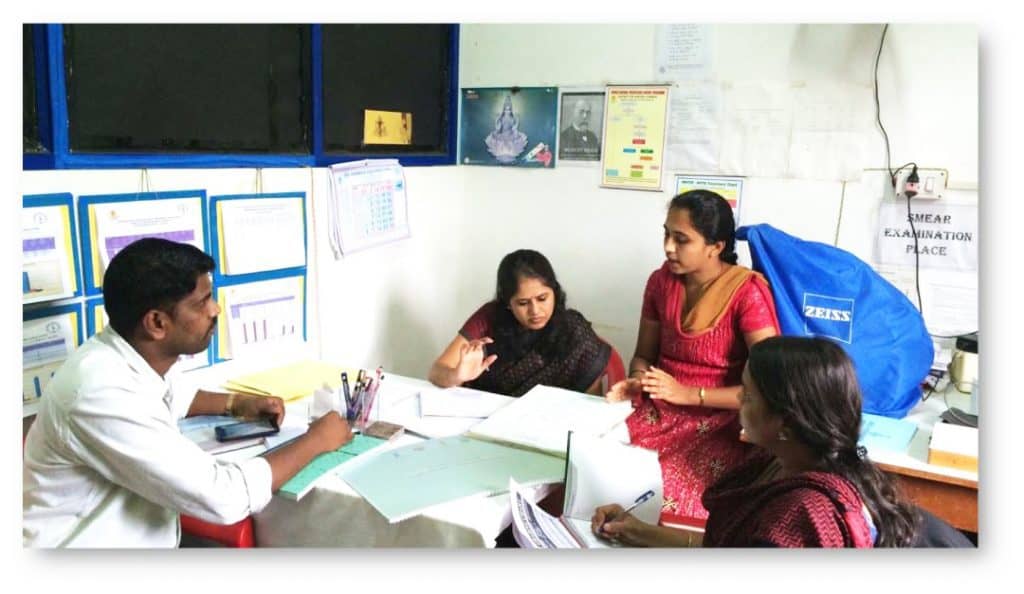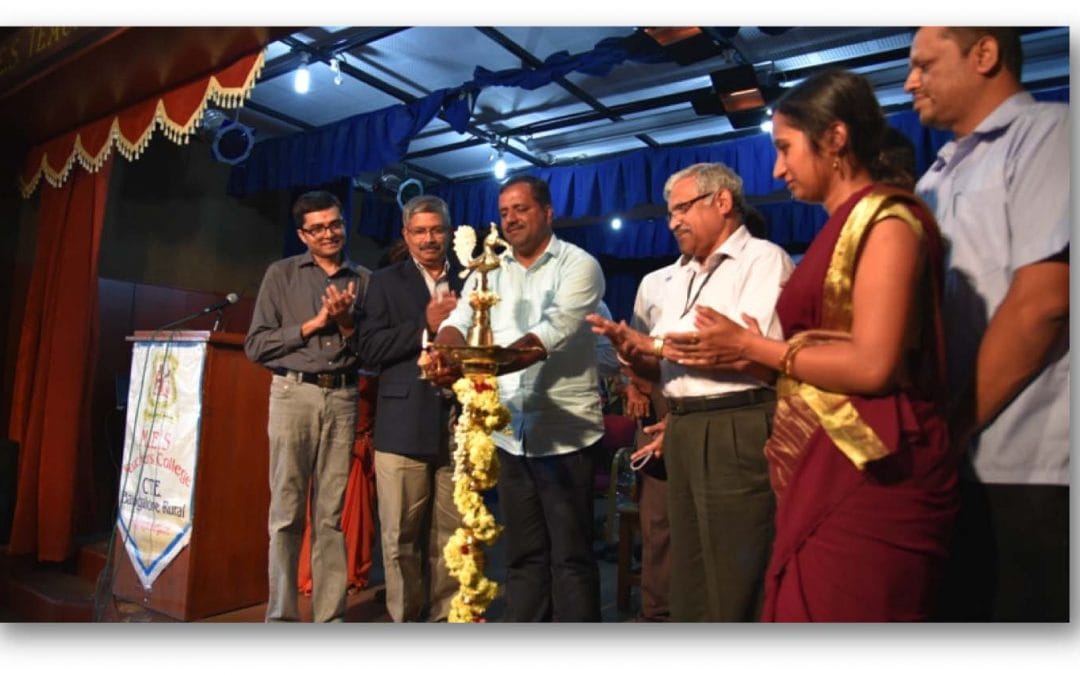
by iphindia | May 18, 2016 | Latest Updates, Urban Health Action

IPH, Urban Health Team is working since last six years to improve quality of care for the residents of KG Halli, ward number 30. We have conducted baseline census in 2009 and follow up survey in 2013. The findings from this study and the challenges faced by the poor people in the community to manage chronic disease (Diabetes, HYpertension, etc.,) is featured in the news paper article.
This is one of the findings of a six-year survey in Kadugondanahalli
Yasmin (45), who lives in a crowded colony in Kadugondanahalli (K.G. Halli), had to have her leg amputated due to uncontrolled diabetes. The reason: she was not regular with medicines for years due to ignorance about the possible complications that could arise.
Her neighbour Husseinbi (60) has been suffering from hypertension for 12 years. She spends anywhere between Rs. 200 to Rs. 300 every month on medicines. Her husband is an auto driver.
For people from low-income families suffering diseases like hypertension and diabetes, a major component of their income goes to buying medicines. A study by the Institute of Public Health (IPH), Bengaluru, shows that many choose to forgo treatment, going to the doctor only when complications arise. The study has been published in BMC Public Health, an open access peer-reviewed journal. It covered patients in K.G. Halli from 2009 to 2015.
To read more about this article : Click here

by iphindia | Apr 21, 2016 | Latest Updates

IPH Preventive Health Project- conducted screening in collaboration with SHCI and San Engineering Locomotive Ltd.
On 20th APril, 2016, IPH in collaboration with Sarvagna Health Care Institute and San Engineering Locomotive Ltd, conducted screening for diabetes and hypertension at Parijatha School, BM Layout, KG Halli.

by iphindia | Apr 21, 2016 | Blog, Latest Updates
 The art of data collection in health system research: Lessons learned from the field.
The art of data collection in health system research: Lessons learned from the field.
Data collection is the most important aspect any research endeavour. Poor quality of the data will have impact on the results of the research study.Therefore it is vital for the researchers to adopt appropriate data collection methods to ensure quality data.Here is a blog by Meena Putturaj which highlights the practicalities of data collection in health systems research based on the field experiences.
Data collection is a crucial aspect of any research project. Depending on the nature and scope of the research question, collecting quality data requires considerable investment of time and resources. Indeed, any research endeavour is handicapped without the relevant data.
During a recent health systems research project, I had to collect a lot of information from government agencies, which turned out to be no cake walk. There were occasions when I had to wait for hours at a time to collect documents, to meet officials, and to conduct interviews. Those waiting periods gave me sufficient time to observe and reflect on the functioning of some of the government agencies in India.
Health systems research often requires data from, and cooperation by, the state sector authorities. So, as a rule of thumb, the health systems researchers work closely with government officials and will require data from them, the interpretation of which might reflect negatively upon those state sector authorities. This can, I think, make some officials and other employees feel that they are being cross examined or interrogated when researchers go to collect data from them. The various situations that I’ve been in while collecting data from government officials have enabled me to develop skills to deal with this tension and the struggle of getting relevant data. The following strategies have worked well for me while trying to obtain data:
To read more about “The art of data collection in health system research” : Click here

by iphindia | Apr 18, 2016 | Latest Updates

Dr Vijayashree Yellappa, PhD article titled, ” Private practitioners’ contributions to the Revised National Tuberculosis Control Programme in a South Indian district” published in the International Journal of TB and Lung Disease
This paper demonstrates the meagre involvement of private practitioners in the Indian National TB Program, even after ffifteen years after the starting the Public Private Mix in the National TB control programme.
Abstract:
SETTING: Tumkur District, South India.
OBJECTIVE: To assess the participation of for-profit, formal private practitioners (PPs) under the Revised National Tuberculosis Control Programme’s (RNTCP’s) public-private mix (PPM) schemes and document their contribution to RNTCP pulmonary tuberculosis (TB) case finding.
DESIGN: RNTCP reports at district TB centre were reviewed. PPs were mapped and their referrals of presumptive TB cases to the RNTCP during 2011 were assessed using laboratory registers at designated microscopy centres (DMCs).
RESULTS: None of the 424 PPs had signed up for any PPM scheme. However, 22% made at least one referral to a DMC in 2011. PP referrals constituted 15% of the presumptive TB cases examined at the DMCs, and PPs contributed to 23% of the sputum smear-positive TB cases detected. Among PP referrals, the proportion of confirmed smear-positive cases was high (24%).
CONCLUSION: Fifteen years after the start of PPM, formal engagement of PPs with RNTCP was non-existent. However, PPs do refer cases to the RNTCP and contribute to a fraction of TB case detection. The high proportion of confirmed sputum smear-positive cases suggests that PPs tend to make selective referrals. More efforts are needed to promote the engagement of PPs in the RNTCP.
To know more about PhD article titled, ” Private practitioners’ contributions to the Revised National Tuberculosis Control Programme in a South Indian district” Click here

by iphindia | Apr 8, 2016 | Latest Updates, Uncategorized

On the occasion of World Health Day, IPH in collaboration with MES College organises an event on Road Safety
PRESS RELEASE
“KARNATAKA GOVT COMMITTED FOR STRONGER ROAD SAFETY POLICY” – Heath minister U.T. Khader
City youngsters want some serious action from the government in this regard.
Bengaluru: Karnataka health minister UT Khader on Wednesday, which also happens to be the eve of “World Health Day”, said that the state government is committed for a stronger road safety policy so that many lives can be saved from road crashes every day.
Participating in a road safety event organized by the Institute of Public Health (IPH), a city-based organization working on research and advocacy in the health sector, on Wednesday, 6 April 2016, Khader said to do their best to attend to the woes of victims of road crashes. The state government has introduced schemes such as Harish Scheme, Bike Ambulances etc. “We understand that a lot needs to be done and for the realization of the same, we are in full support of a stronger road safety policy” he added.
Dr N Devadasan, director of IPH said that “India loses more than 2 lakh people every year on the roads and Karnataka is the fourth worst state for number of road deaths in India. Unfortunately, road safety has not received needed priority from public health experts. IPH that has been working on priority health issues since last 10 years has decided to take up road safety as a priority issue on work front. We are supporting the national campaign for a stronger road safety law and will be presenting a detailed action plan before the state government soon” he added.
Dr Upendra Bhojani, assistant director at IPH opined that state government has taken positive steps such as notifying state road safety policy, mandating helmet use for pillion rider and providing schemes for medical relief to road crash victims. “Having set a positive example, it would be apt to see Karnataka government now pushing for and supporting comprehensive legislation on road safety at national level.”
Students want govt. to save young lives
On the occasion, students from M.E.S. Teachers college, well-known education institution in the city, thanked the Karnataka government for the steps taken to ensure safety to lives on the road, and they also requested the ministers for a stronger intervention from the government to form a better road safety policy.
Dr. Vishal Rao, renowned Head and Neck Cancer Surgeon from HCG Hospital, Prof. H. S. Ganesh Bhatt, principal of M.E.S. Teacher College and students took part in the event.
Road Safety Presentation By Dr Upendra Bhojani Click here

by iphindia | Mar 28, 2016 | Latest Updates

‘Even doctors feel generic drugs are sub-standard’
Many patients are denied affordable treatment, as they prefer to buy branded drugs that sometimes cost as much as 7 to 8 times more and deny
A 67-year-old woman in Tumakuru visited a private doctor for a chronic ailment. She was advised some expensive drugs. Even though she was short on funds and struggling to make ends meet, she set aside money to buy medication for two months. Two months later, when she ran out of money, she stopped taking the medicines and discontinued treatment.
Another woman in her fifties in K.G. Halli, Bengaluru, takes her medicine for hypertension only when ‘her legs swell’, something she has noticed happens every time her blood pressure shoots up. Once the swelling stops, she stops taking medicines, because she cannot afford them regularly.
Branded drugs sometimes cost as much as 7 to 8 times as generic drugs. But in spite of their low cost, the public remains suspicious of the effectiveness of generic medicines.
“There is a strong perception among the public, and to our surprise, even practitioners and pharmacists, that generic medicines are of sub-standard quality,” said Praveenkumar Aivalli, Research Officer, Institute of Public Health (IPH), Bengaluru. A team of researchers from IPH, including Dr. Aivalli, have conducted a three-year study on access to generic medicines for non-communicable diseases, the results of which will be published shortly.
As part of the study, three taluks in Tumakuru district were randomly chosen and around 1,000 to 1,200 houses surveyed. The team found that public awareness of generic drugs was very low and people hesitated to visit primary health centres (PHCs), preferring private hospitals even when they could barely afford to. They found a similar poor perception of generic drugs among residents in K.G. Halli, Bengaluru.ÿ Comparing figures from 2013 to 2016, the availability of drugs in PHCs had greatly improved in the period.
To read more ‘Even doctors feel generic drugs are sub-standard’ : Click here

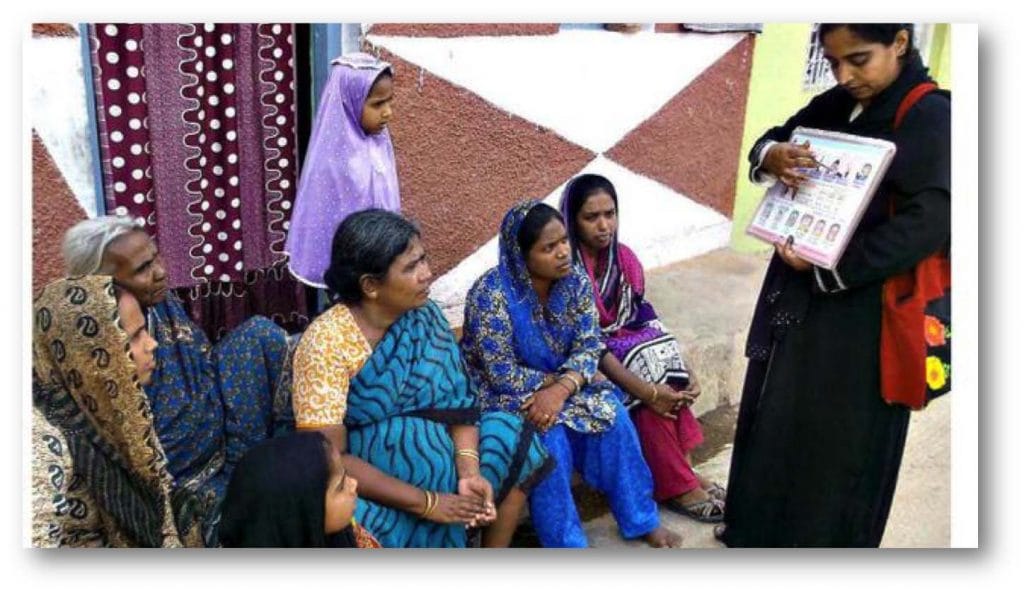



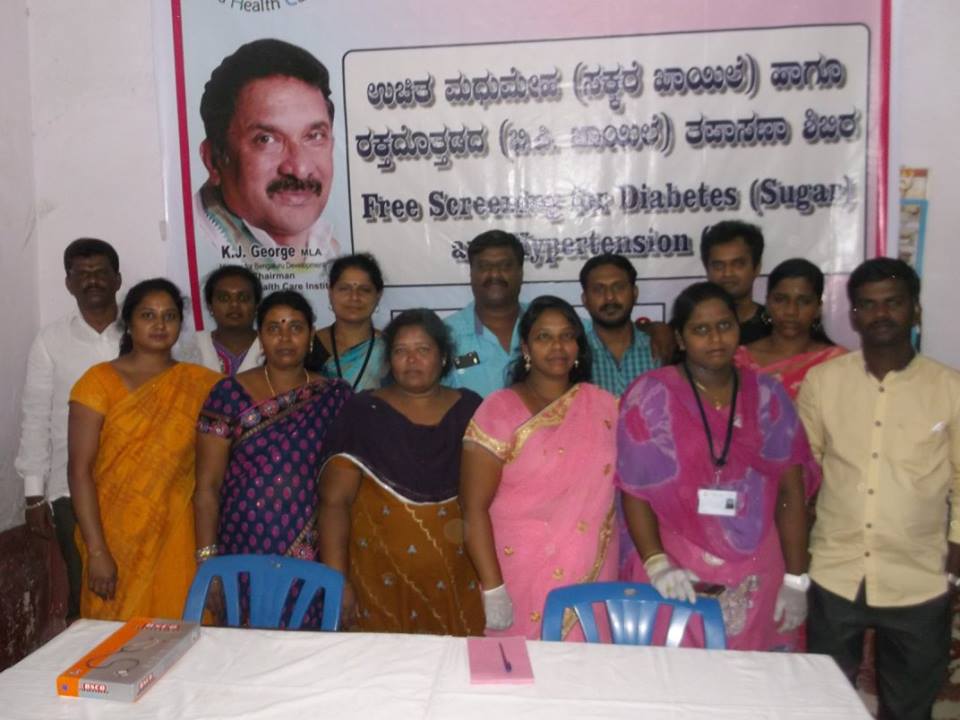
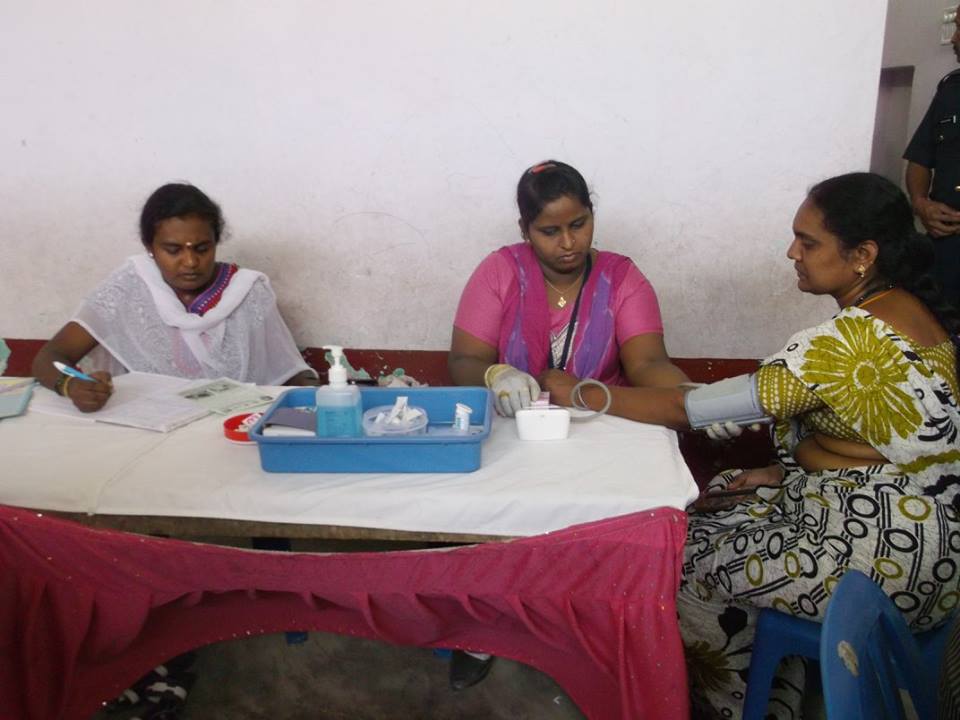
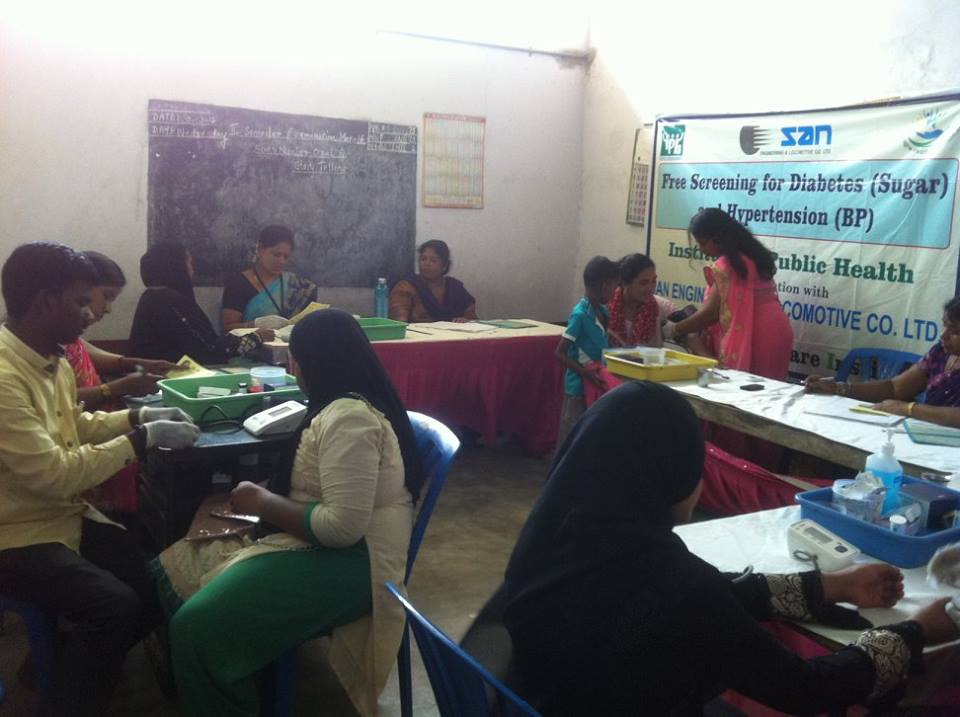

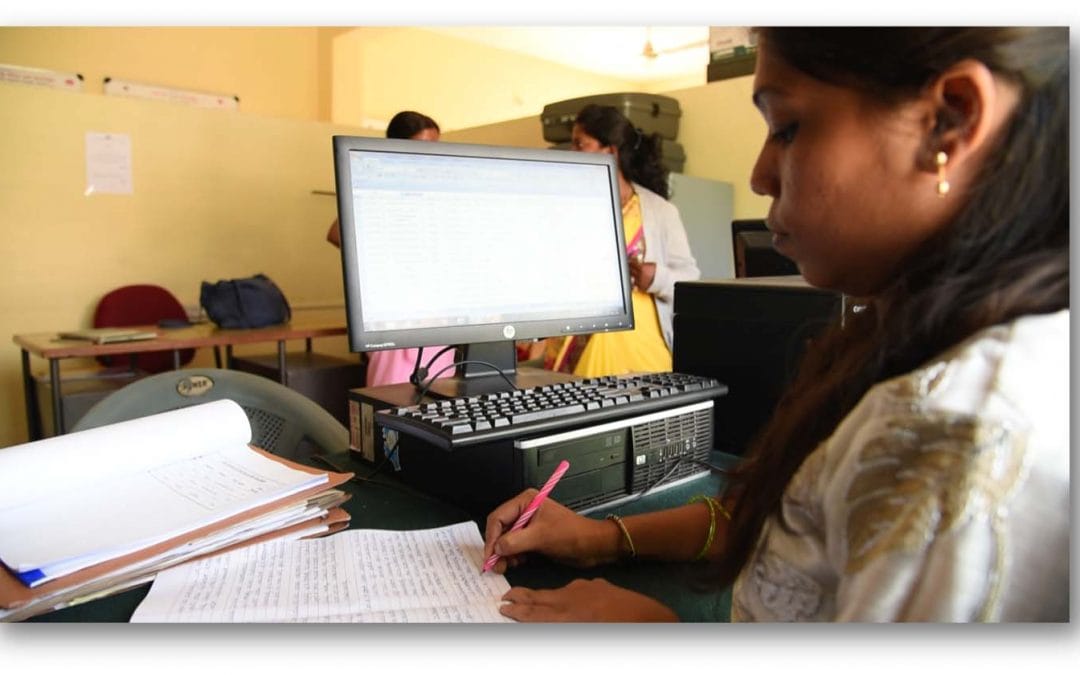
 The art of data collection in health system research: Lessons learned from the field.
The art of data collection in health system research: Lessons learned from the field.